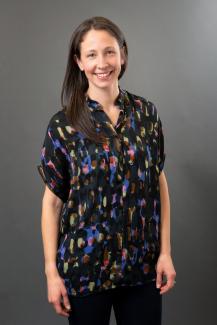Event

Environmental sustainability was a central component to planning Tokyo’s 2020 Summer Olympics. The organizing committee’s sustainability concept of “Be better, together: For the planet and the people” encompassed five major areas of focus ranging from climate change to human rights (guided by the UN’s Sustainable Development Goals). While sustainability was rhetorically emphasized throughout the bidding and planning processes, from the onset the event was also fraught with environmental controversies ranging from nuclear fallout in nearby Fukushima to unethically sourced timber used in constructing the new main stadium. Environmental concerns and broader socio-economic unease in Japan led a small but vocal group of protesters to oppose Tokyo’s hosting of the Games from day one. When the COVID-19 pandemic postponed the Olympics in March 2020, the chorus of dissenters became larger and louder. The absence of fans in enormous Olympic stadiums and the void of international visitors at the Summer Games in Tokyo in 2021 exposed in an unprecedented fashion the many excesses of the Olympics. This presentation will explore how the shift in focus away from sustainability (and onto public health and safety) left Olympic sustainability initiatives in Tokyo in limbo and called into question broader environmental concerns posed by sports mega-events.
Robin Kietlinski is Professor of History at LaGuardia Community College of the City University of New York. There she teaches courses to undergraduate students on Global and East Asian history. Her research focuses on historical intersections between Japanese society and sport, with a focus on the Olympic Games. She has published extensively on the ways in which the Olympics have shaped modern Japan, and how Japan has helped shape the modern Olympic Movement. Dr. Kietlinski was a 2019/2022 Fulbright Research Scholar at the University of Tsukuba, where she carried out research on Olympic sustainability initiatives and Olympic dissent groups. She holds a BA from the University of Chicago, and received her MA and PhD in East Asian Languages and Civilizations from the University of Pennsylvania.